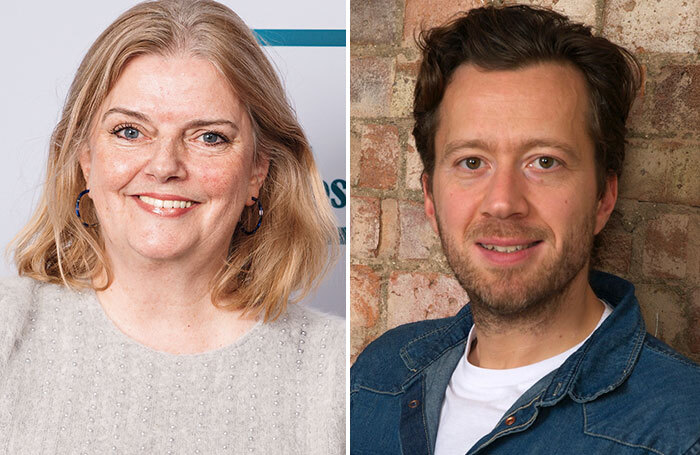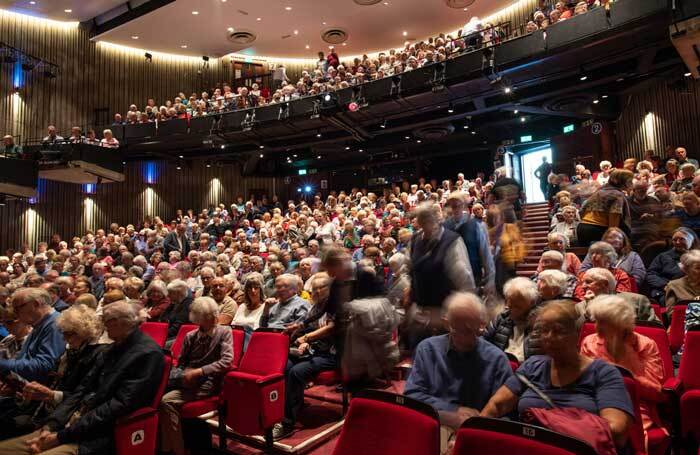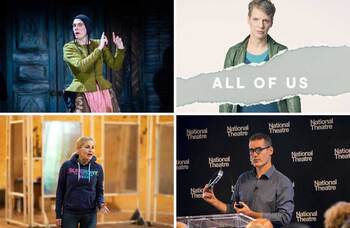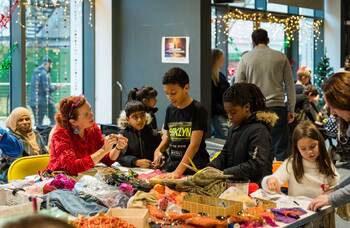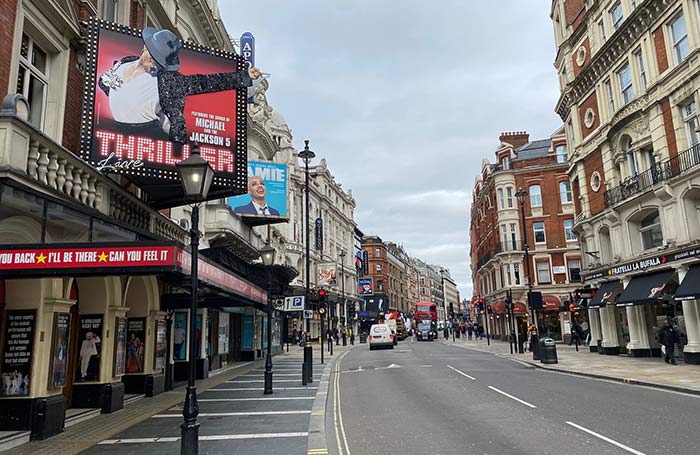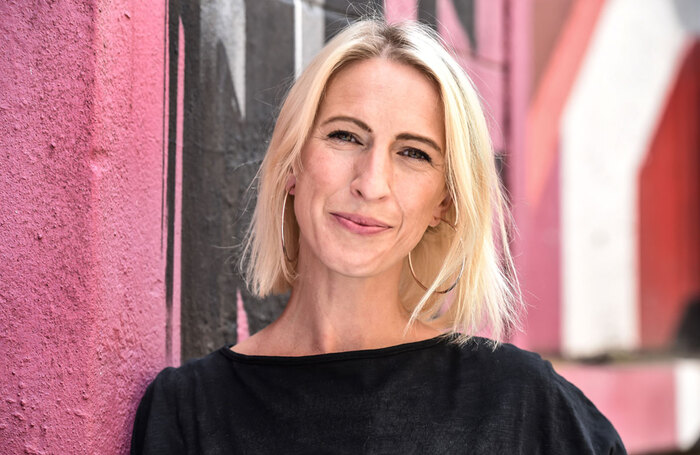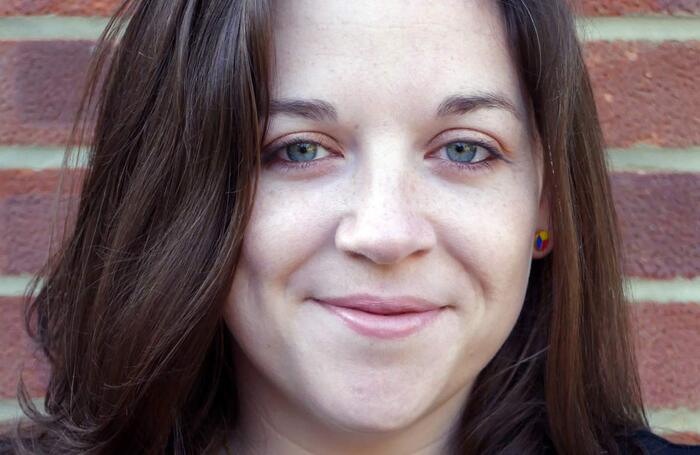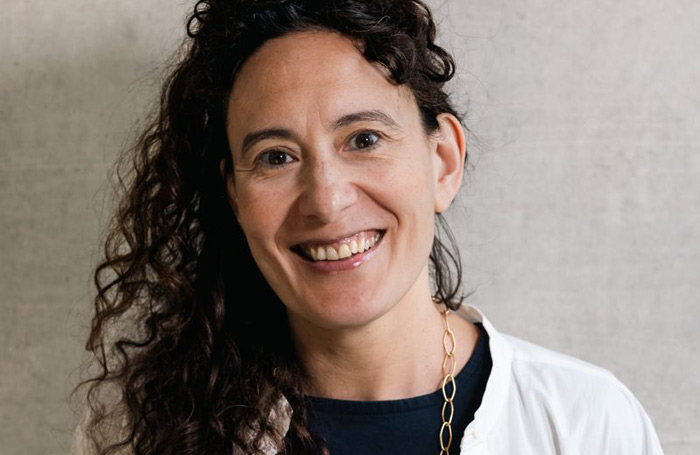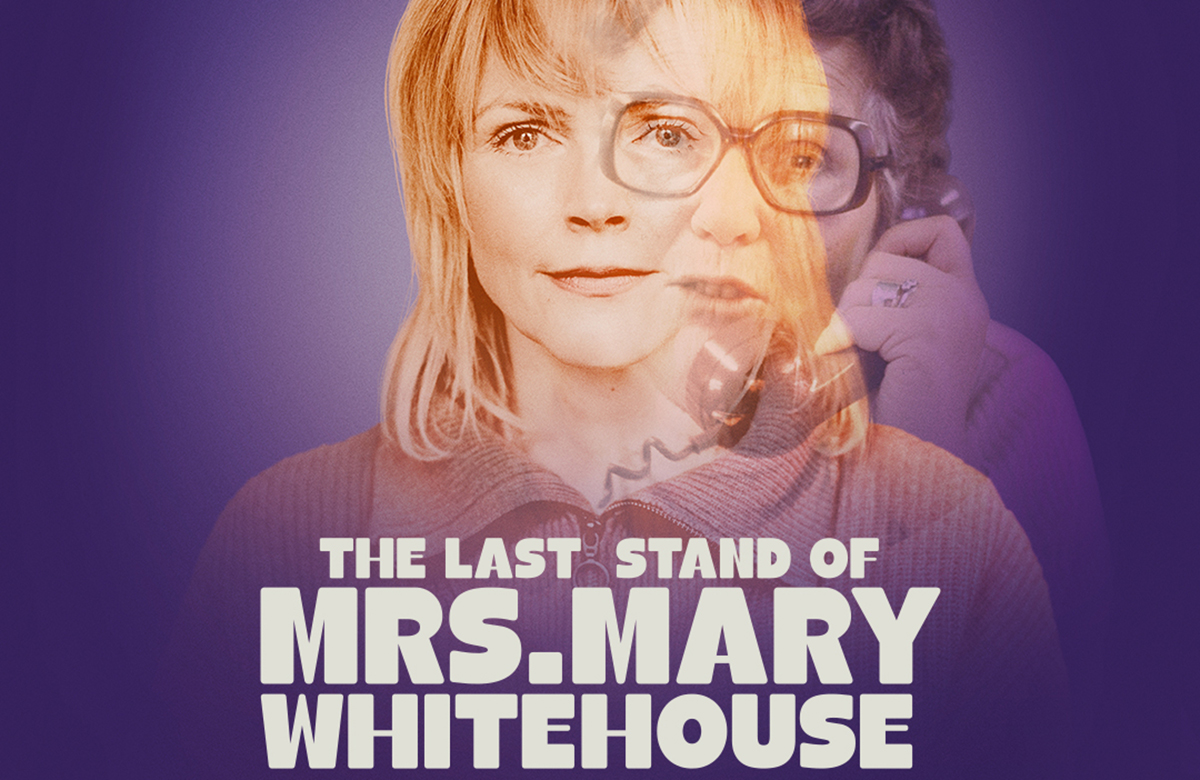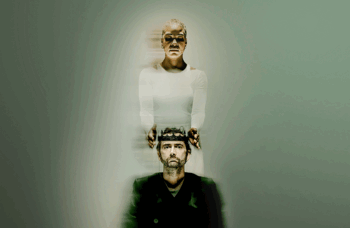Five years on from lockdown: theatre figures on Coronavirus' lasting impact
UK theatre leaders have reflected on the long shadow of Covid-19 and its lasting impact on the sector, five years on from then-prime minister Boris Johnson announcing a nationwide lockdown.
Figures including Stephanie Sirr and Jez Bond have discussed the pandemic’s impact on artistic churn, ticket-booking trends and industry accessibility.
Bond, founder and artistic director of north London’s Park Theatre, told The Stage: "The issue with booking is audiences are [at] similar levels as they were pre-pandemic, but getting them in costs more in marketing and you need to hold your nerve, because they book a lot later."
"They’re not going to commit now to a show in six months’ time," Bond added.
Chief executive of Nottingham Playhouse, Sirr, said she’d noticed a post-Covid industry shake-up, which she called "a continued risk to our ecology".
"The churn in chief executives, executive directors and artistic directors has been very concerning," Sirr said.
Continues...
Sector leaders were invited to reflect on the continued impact of an illness that shut down countries across the world, five years on from British theatres shutting up shop on March 16, 2020.
The decision, announced at the time by industry bodies the Society of London Theatre and UK Theatre, was followed swiftly by Boris Johnson’s televised address on March 23 – which delivered to the country "a very simple instruction – you must stay at home".
Johnson’s government unveiled a series of emergency measures to support cultural and creative organisations that year, including the Department for Digital, Culture, Media and Sport’s Culture Recovery Fund.
The rescue package, which provided around £1.6 billion for the creative industries, was administered by Arts Council England – but many say that despite the lifeline help, the struggles both ushered in and exacerbated by Covid remain ever-present.
Artistic director and chief executive of touring theatre company New Perspectives, Angharad Jones, said: "Pressing pause was sort of helpful. But when the play button was resumed it was like a desperate catch-up.
"Shows that were cancelled all rushed to get back up. I noticed creatives such as designers went from zero to 100... It was as though the air was suddenly pulled away and people reverted to systems they knew in a desperate panic to claw back some normality and to financially survive."
Continues...
Nicola Clements, executive director and chief executive of Gate Theatre, agreed, suggesting Covid had shown everyone "turned to the arts to keep going" but that five years on "we don’t actually value theatre to the tune of what it actually costs to make".
For Liam Evans-Ford, chief executive of Theatr Clwyd, the pandemic’s impact was felt largely in the organisation’s outreach work.
Studies have suggested Covid has had a lasting effect on health inequality and attainment, with research by the Education Policy Institute revealed earlier this month finding that children from the lowest-income families are now up to 19 months behind their peers by the time they are 16 years old.
The issue has been partly attributed to Covid and its influence on school attendance.
Evans-Ford said it was "the impact on young people in our community" that he felt most as a theatre leader.
"Post-pandemic we do more work with social services, more arts referral work, receive more disclosures, hear, see and deal with far more challenges for young people than they should have to face," Evans-Ford said. "Our work and impact in this area is stronger than ever, but the need has never been greater."
Continues...
Meanwhile, those working to improve disabled people’s participation within the sector noticed the specific confluence of Covid and accessibility.
Raquel Meseguer Zafe, co-artistic director of Candoco dance company, said: "The pandemic hit disabled artists in a peculiar way – I know artists who are still shielding or semi-shielding because of the risk Covid poses to their particular disabilities. And there is a grief around the risk of Covid having been forgotten by the public, and Covid safety measures having been dropped entirely by most venues and festivals.
"I would love to be able to ask audiences to test before attending a show – as a gesture of solidarity and love – to keep us all safe. But that feels really hard to do when it already feels like a struggle to get audiences to the theatre – audiences just haven’t returned to the theatre in the same numbers as they attended pre-Covid."
’Across the board, there has been a move towards playing safe’
For Graeae, a self-described "radical theatre" company that places access at the heart of its work, the few years after lockdown had seen the industry shift focus "away from inclusion and accessibility" and towards "recouping the money lost".
The team at the theatre company wrote: "Across the board, there has been a move towards playing safe, with an increase in stunt casting, the staging of revivals and known titles. None of these are inherently telling new stories."
For others, Covid’s trial suggested that there was room for rethinking how theatres operate.
Jermyn Street Theatre’s Stella Powell-Jones and David Doyle, artistic director and executive producer respectively, said: "One significant change to booking patterns post-lockdown is that Friday and Saturday nights are now the slowest to sell.
"It remains to be seen if that’s a permanent change. If it is, there’s a conversation to be had about whether or not to adjust the traditional performance schedule."
Production News
Recommended for you
Production News
Recommended for you
Most Read
Across The Stage this weekYour subscription helps ensure our journalism can continue
Invest in The Stage today with a subscription starting at just £7.99
